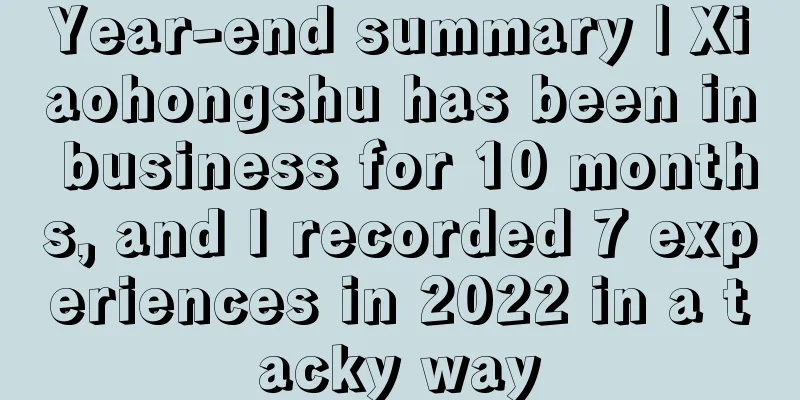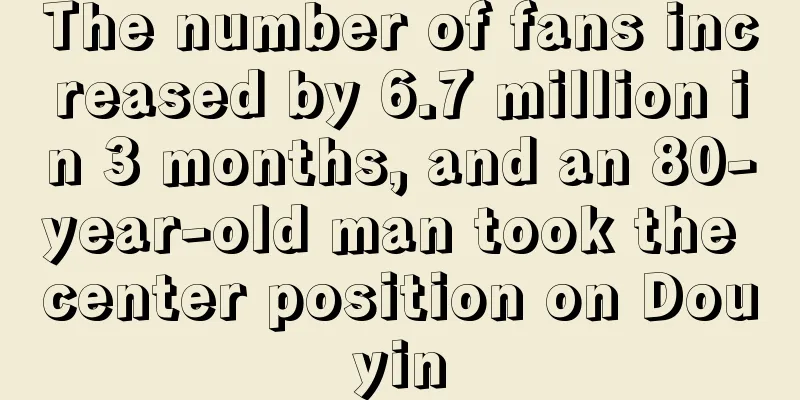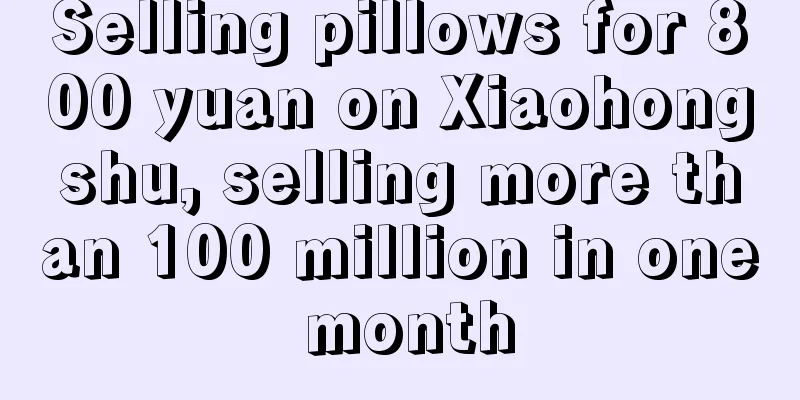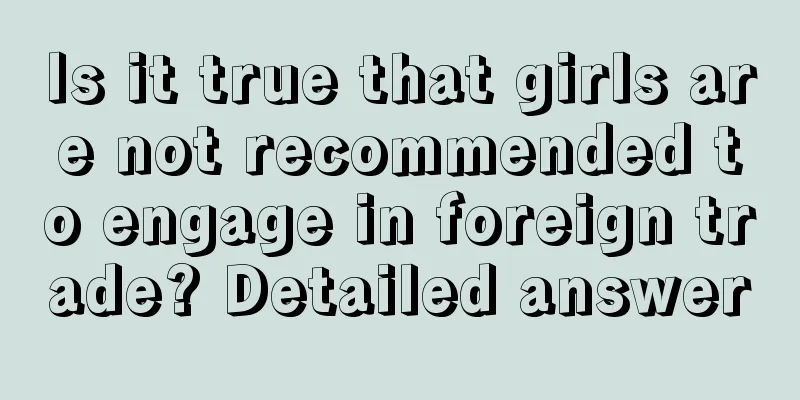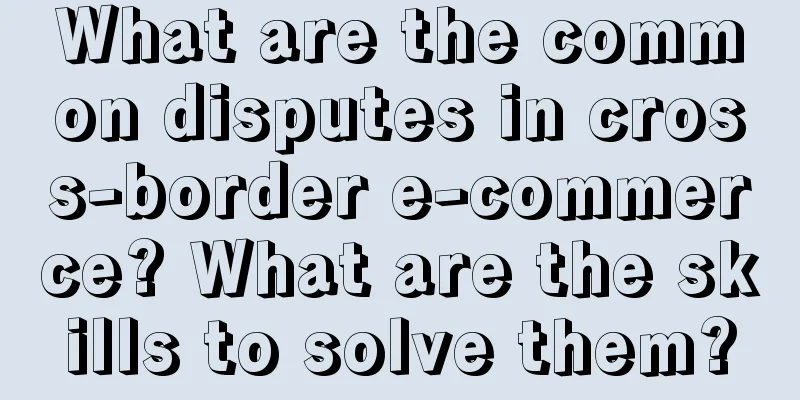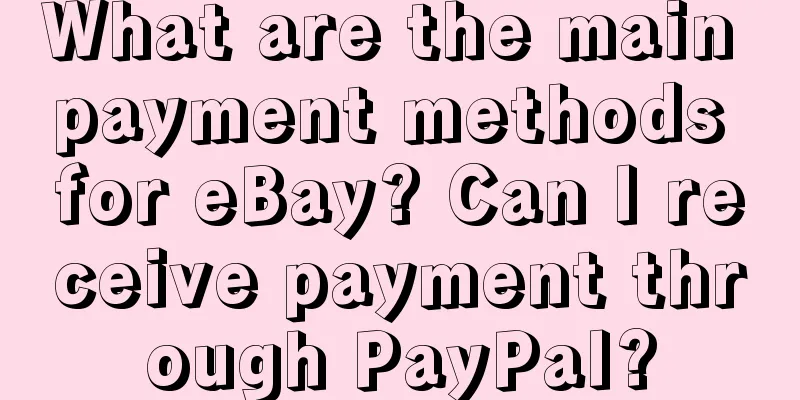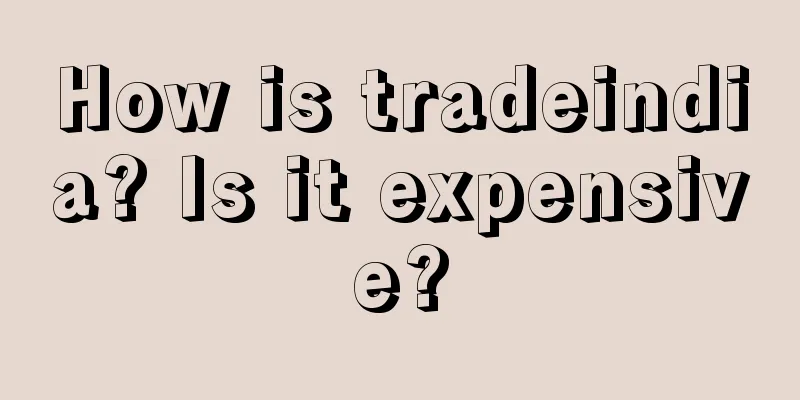Bloggers who "read books in groups" are stuck in monetization

“Two-thirds of the book bloggers who started posting notes a year ago have stopped.” On Xiaohongshu, blogger @杰罗仔 expressed such emotion. In his observation, the extremely unbalanced input-output characteristics of the reading track have led many reading bloggers to choose routine and patterned content creation and book selection, which has also made it difficult for them to improve their creative ability and unable to develop in the long term, and they have dropped out halfway. When the anxiety about side jobs swept across the young people, book bloggers were once the touted "golden side job" - "After two months of being a book blogger, I have 1,900 followers and a four-digit income", "A full-time mom is a book blogger and earns over 10,000 yuan a month", "Achieve paper book freedom by being a book blogger". Such tempting copywriting seems to imply that being a book blogger is a side job that brings both fame and fortune. But at the same time, there are also many "persuasion posts" on the platform. After the track has been washed away by the waves, some people survived, while others left in disgrace. On the one hand, behind the seemingly glamorous identity, book bloggers also have many shortcomings that are criticized, such as being complained about as "golden sentence bloggers", content homogeneity, and copywriting that is more gimmicky than substantial; on the other hand, the problem of monetization has also troubled and always troubled them. Previously, cooperating with publishing houses to achieve "paper book freedom" was the original intention and dream of many book bloggers to enter the market, but judging by the actual situation, publishing houses may not be able to bear the glory of book bloggers. 1. The “A and B sides” of book bloggersIf film and television commentary videos have reconstructed people's way of watching movies and TV series, the reading guides created by book bloggers can also be said to have influenced the way people consume books. Along with the slogan of "freedom to read" comes reading anxiety, which once became the traffic code for reading bloggers. To a certain extent, what makes young people engage in the content of reading bloggers is not the "book shortage", but the pseudo-sense of fulfillment that "collecting means reading". It is undeniable that both Bilibili and Xiaohongshu have outstanding people in the reading track. On Bilibili, the four UP hosts @李乌鸦爱学习, @王小泡要好好读读, @桃有黑眼圈, and @CaaaaaR are often called the F4 of the reading area by fans because they often work together to "repay their book debts"; @天真和感伤的小说家, who has more than 1.28 million fans, is the top UP host in the reading area and has also won the title of the top 100 UP hosts of 2022. On Xiaohongshu, @谈易默, who has 242,000 followers, became a book blogger with 100,000 followers in ten months, and the highest number of likes on his note was 21,000. @未姓名青年艺人, a book blogger with 59,000 followers, said that he received nearly 200 cooperation invitations in a year. If he accepted all of them, his income would be roughly estimated to be 70,000 to 80,000 yuan. Xiaohongshu blogger @Tan Yimo, @Unknown Young Artist However, behind the glamour, the "dark side" of book bloggers has gradually been revealed to the public. Behind it is the contradiction between the public's idealized expectations of book bloggers and their actual situation. The most intuitive point is the homogeneity and templateization of content. Take Xiaohongshu as an example. In terms of topic selection, book bloggers often prefer books that already have a certain reputation, such as "Flowers for Algernon", "Lychees in Chang'an", "The Moon and Sixpence", etc. The copywriting content is very similar, which can easily lead to aesthetic fatigue over time. User @开花的鲸鱼 once complained that "the books recommended on Xiaohongshu are always the same." In terms of content and form. Keywords such as "masterpiece", "excellent work" and "shocking" are often seen in bloggers' titles, such as "I was so moved by this book that I burst into tears. It has such a strong aftereffect" and "God-like! This is a book you must not miss this year". When "anxiety" and "internal friction" become important topics, a list of healing books is pushed out, such as "Super healing book list! Each book is my salvation during the low period"; when it comes to feminist books, book bloggers will also output copywriting specifically for young women, such as "Recommended to all girls, this book solves 90% of my troubles" and "Strongly recommend girls aged 20-35 to read this book". "Golden sentence performance" is another point that book bloggers are criticized for. In order to show the depth of their reading and the wonderfulness of the book, many bloggers focus on showing their notes and densely colored bookmarks all over the book. In a more common "book disassembly" mode, bloggers only give a brief introduction to the book, and then extract a large number of "golden sentences" from the book to enrich their notes, under the euphemism of "experiencing the charm of the original work." In this case, many readers will find that the physical books they purchased are not what they said they were, and question whether the book bloggers can "read the whole book before sharing it." Xiaohongshu user @豆读时光 once complained in his personal notes, "I bought a few books following the recommendation, but when I opened them, they seemed to be different from what the blogger said they were." From the perspective of readers, this kind of contradiction can be attributed to the utilitarianism of book bloggers. However, from the perspective of book bloggers, the problem becomes more complicated. There is actually a not-so-secret chain of contempt among book bloggers. Among them, bloggers whose main content is to quote golden quotes are called "assembly line bloggers" because of their reproducibility. They are usually objects of contempt, while bloggers who can read a book in its entirety and truly write about their reading experience stand at the top of the contempt chain. This is true on the content side, but the opposite is true on the traffic side. Notes with eye-catching titles and popular copywriting are more in line with the platform's traffic recommendation rules and have gained a place in the fragmented era. "Book bloggers who write well are not as good as book recommendation bloggers who only earn traffic." Similar complaints are often seen in the notes of book bloggers. Image source: Xiaohongshu Book bloggers who are caught in traffic anxiety have reviewed their gains and losses, figured out the platform traffic rules, and summarized a survival guide, including that in terms of room layout, full bookshelves and exquisite desks are more likely to attract people's attention; in terms of content, exaggerated titles and emotional, chicken soup-style copywriting, as well as book lists with summary significance are more likely to obtain traffic recommendations. “If you want to be a book blogger, don’t just share books,” “You can become a book blogger with 30,000 followers even without sharing books,” and “I’ve made $100,000 in half a year. Ordinary people can just take me as a reference if they want to be a blogger.” In these reviews, “personality” was mentioned repeatedly, and reading was a relatively unimportant part. "If you want to be a top-tier book blogger, you must first learn how to save face and write each note as if it were a 100,000+ tweet. Otherwise, you will have to doubt your life with just a few hundred traffic." Blogger @林学长读书 said in his notes. 2. Publishing houses cannot support book bloggersRealizing paper book freedom by becoming a book blogger may be the dream and original intention of every blogger who enters the book industry. However, judging from the actual situation, publishers at the upstream of book manufacturing cannot become the "lifeline" of book bloggers. "The freedom of paper books is not as good as you think," said @莉莉老师在阅读, a blogger on Xiaohongshu. "Most ordinary book bloggers are spokespersons for publishers to promote new books, which means that we don't have much choice." In the early stage, book bloggers often monetize through "resource exchange" with publishers, that is, publishers send books for free, and book bloggers write notes to help promote them. Both parties get what they need through cooperation, but in this process, book bloggers' choices are actually limited, and it is difficult to find books that they really like. More importantly, reading such books reduces the blogger's update frequency. Of course, to some extent, book bloggers do meet the publishers’ needs for new book recommendations. In June this year, a niche history book titled “How to Slay a Dragon” became popular on Xiaohongshu before it was published, thanks in part to the recommendation of book blogger @林林师姐wow. Later, the blogger also received a cooperation invitation from the publisher @未读 to sell related cultural and creative products. In addition, there are also books of different types such as “The Merchants” and “Lychees in Chang’an”, which have entered the public eye under the recommendation of book bloggers. At the same time, publishers themselves are also accelerating their embrace of content platforms. @People's Literature Publishing House has 118,000 followers on Xiaohongshu, and other well-known publishing houses such as @Zhonghua Book Company, @CITIC Publishing, @UtopiaImaginist, and @Shanghai Translation Publishing House have all established content operation platforms on Xiaohongshu and Bilibili. Publishers who have joined Xiaohongshu However, due to multiple factors such as the verticalization of the track, publishers are unlikely to invest huge marketing expenses in book promotion, which also determines that they cannot well meet the monetization needs of book bloggers. This is particularly evident for the B station book UP masters. In a Q&A session with readers, B-station UP @李乌鸦爱学习 said that book UPs really can’t make much money by making videos, and that the UPs I know rarely accept promotions for new books because it’s obviously not cost-effective to put them on video bloggers. “Because publishers really can’t afford to pay, this part of the marketing expenses can be invested in Xiaohongshu bloggers, and the input-output ratio may be a little higher.” This is consistent with @天真和感伤的小说家’s point of view, “It is basically difficult to make money from traffic in the knowledge zone. Like traditional media, if you want to make more money, you still have to rely on advertising.” He said that although his positioning is very suitable for selling books, since the publisher does not have a high budget for this part of the content, he did not deliberately strengthen this attribute in the content creation. His business orders are mostly from brand advertising, such as massage pillows, air purifiers, etc. Relatively speaking, Xiaohongshu bloggers are more favored by publishers. For example, blogger @嘿冰淇淋 started sharing her reading experience in the second half of 2021, and received a cooperation invitation from a publisher a month later. In the early stage, there was almost no cash flow, and the cooperation was carried out in the form of resource exchange. It was not until the number of fans reached 3K that she received the first royalties. At present, @嘿冰淇淋 has 63,000 fans, and the price of commercial units has risen. She said that the cost of a book is basically between 300-500, and the monthly cash flow is about 15,000. Xiaohongshu blogger @嘿冰淇淋 However, more often than not, the high-income experience posts shared by book bloggers are more like a carefully created false prosperity. Although they call on newcomers to join the game with the banner of "earning over 10,000 yuan a month and achieving financial freedom", it is a tacit consensus among book bloggers that "you can't make money just by being a book blogger". For most bloggers, "reading as a career" is still an ideal state. In the platform's monetization tutorials, "predecessors" often suggest bloggers to increase their business opportunities by arranging their desks and showing off their home furnishings. While recommending good books, book bloggers also promote products such as coffee and headphones, and look for monetization opportunities in channels such as social networking, live streaming, and knowledge payment, such as writing books and selling courses. @谈亦默, who has 240,000 fans on Xiaohongshu, has launched a live product recommendation function. Some of the products come from Xiaohongshu stores of various publishers, while others are reading-related products, such as desks and water cups. He also opened a paid knowledge column, with two sets of courses launched online, priced at 40 yuan and 198 yuan respectively, and the former sold 615 copies. Xiaohongshu blogger @Tan Yimo Last September, when Tan Yimo was interviewed by the "Hardcore Reading Club" under New Weekly, he already had 160,000 fans, but his income from Xiaohongshu still did not exceed 10,000 yuan. This is the case for top creators, not to mention the "newbies" who are still accumulating fans. After all, being a "book blogger" is a business that requires a lot of time and effort to maintain, especially to find your own readers. Although people's demand for paper books has increased, "making a monthly income of over 10,000 yuan easily" is still the ideal state for bloggers. Author: Lin Wu, WeChat public account: Kas Data |
<<: After reviewing our 60-day startup, we have learned three things:
>>: Exploring Brand Tone (2023 Edition)
Recommend
Don’t know what type of notes to write on Xiaohongshu? Read this article quickly!
Do you have no idea what type of notes to write wh...
What questions do you have about joining Shopee? FAQ
The first step to becoming a Shopee seller is to s...
Notice on some business adjustments during the 2022 National Day of Dunhuang.com
The golden National Day week is coming soon. In or...
Do 100 things with 100 strangers, and "open blind boxes" to gain 2.38 million fans
More and more content creators are starting to &qu...
Alibaba International Station’s announcement on strengthening the management and control of hazardous chemicals
In view of the particularity of the chemical indus...
How do I cancel a digital credit card? What if I can’t cancel it?
With the rapid development of digital finance, dig...
The underlying logic of the three major sales
Nowadays, various products are highly homogenized,...
Brand is behavior
The goal of brand communication is not just to spr...
How does Shopee short video operate? Introduction to the reward mechanism
Shopee Video (SV) is a short video content section...
AI live streaming chaos frequently occurs, and the platform takes action to rectify the chaos of "AI beauties" and selling courses
With the rapid development of AI technology, the l...
With over 1 million users and annual sales exceeding 100 million yuan, how does Songxianxian achieve performance growth by relying on private domains?
Since people's living standards have improved,...
【0 to 1】New product features and operational rhythm
This article shares the experience and reflections...
The third data analysis method for experts: trend analysis
In the world of data analysis, trend analysis is p...
More than 7,000 words of hardcore sharing, 13 suggestions for operating WeChat public accounts in 2024
At present, the overall operation data of public a...
How to file a complaint against follow-up sales on Amazon? What is the method?
In the process of opening a store on Amazon, there...
